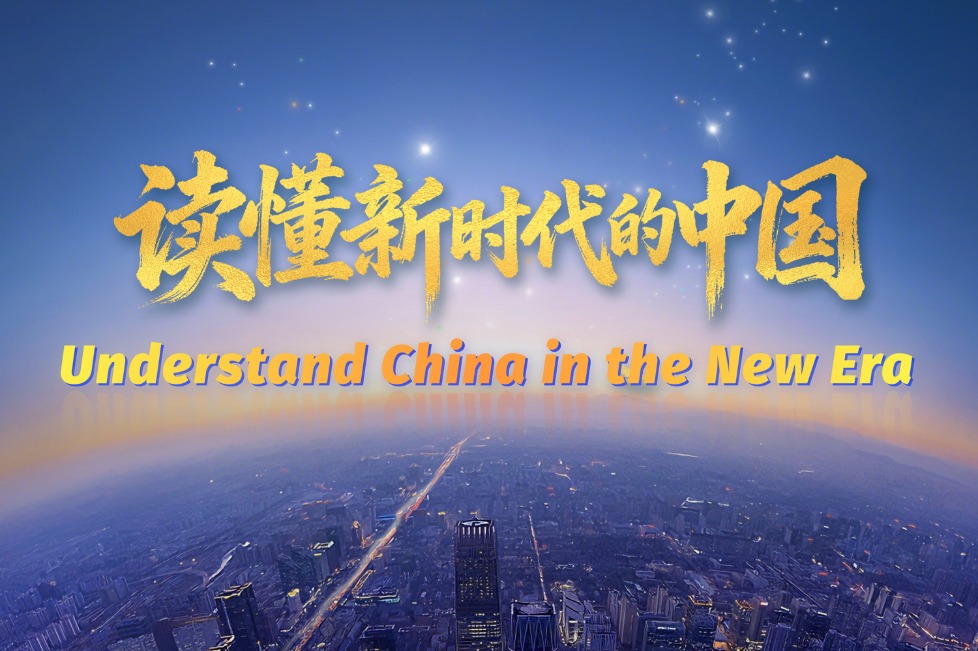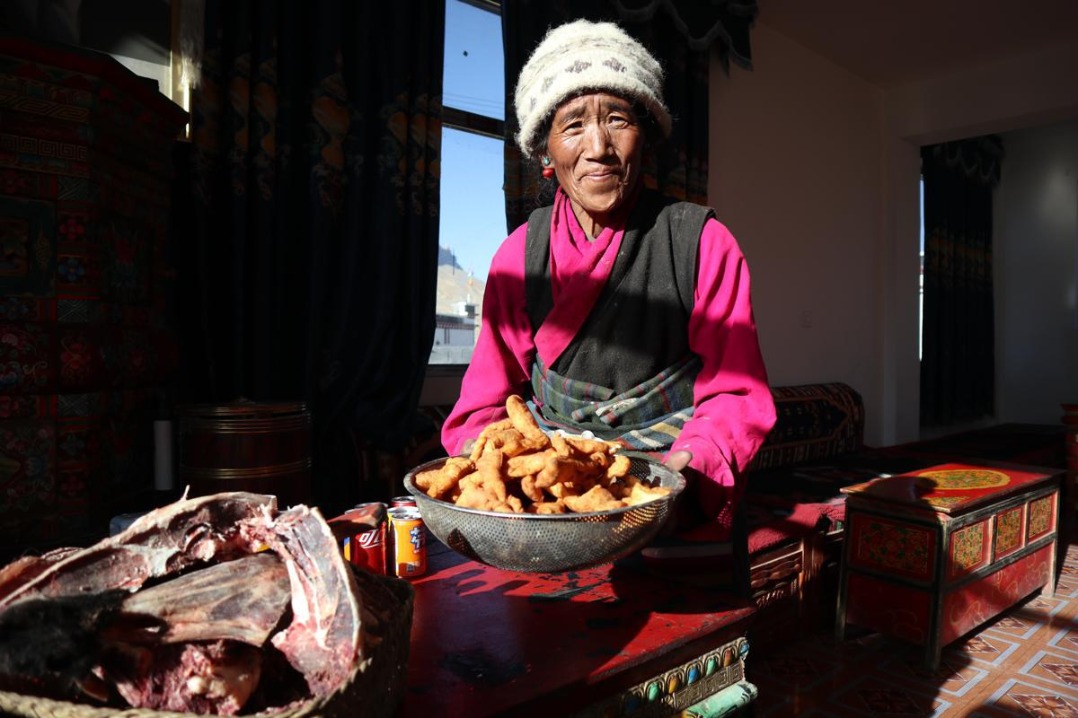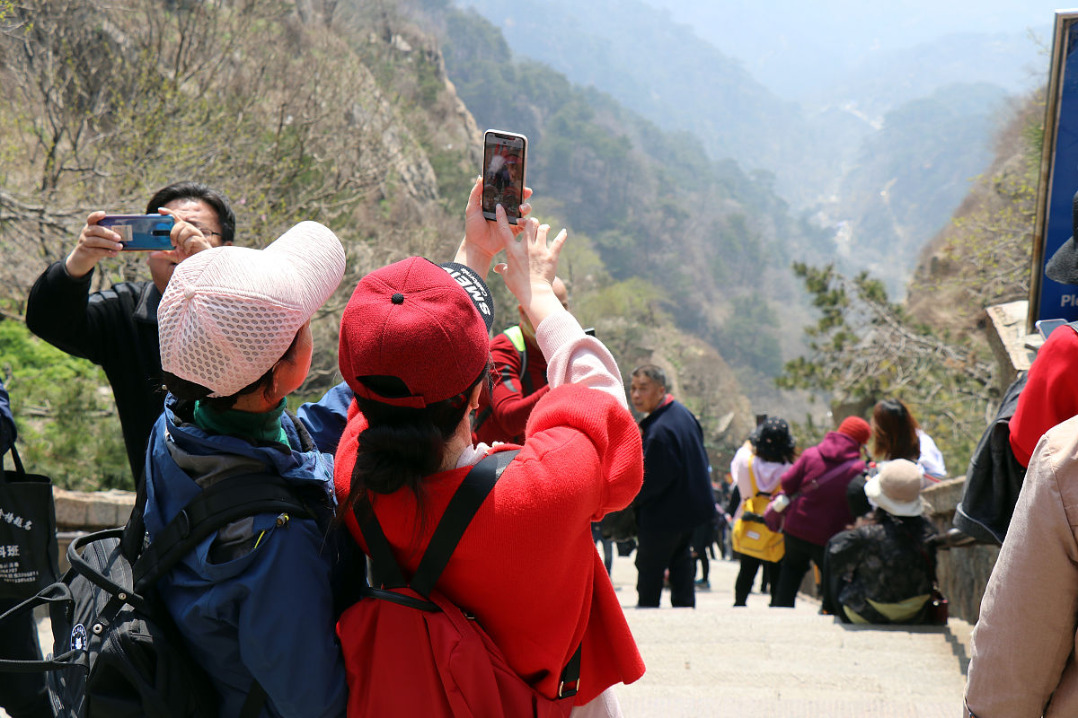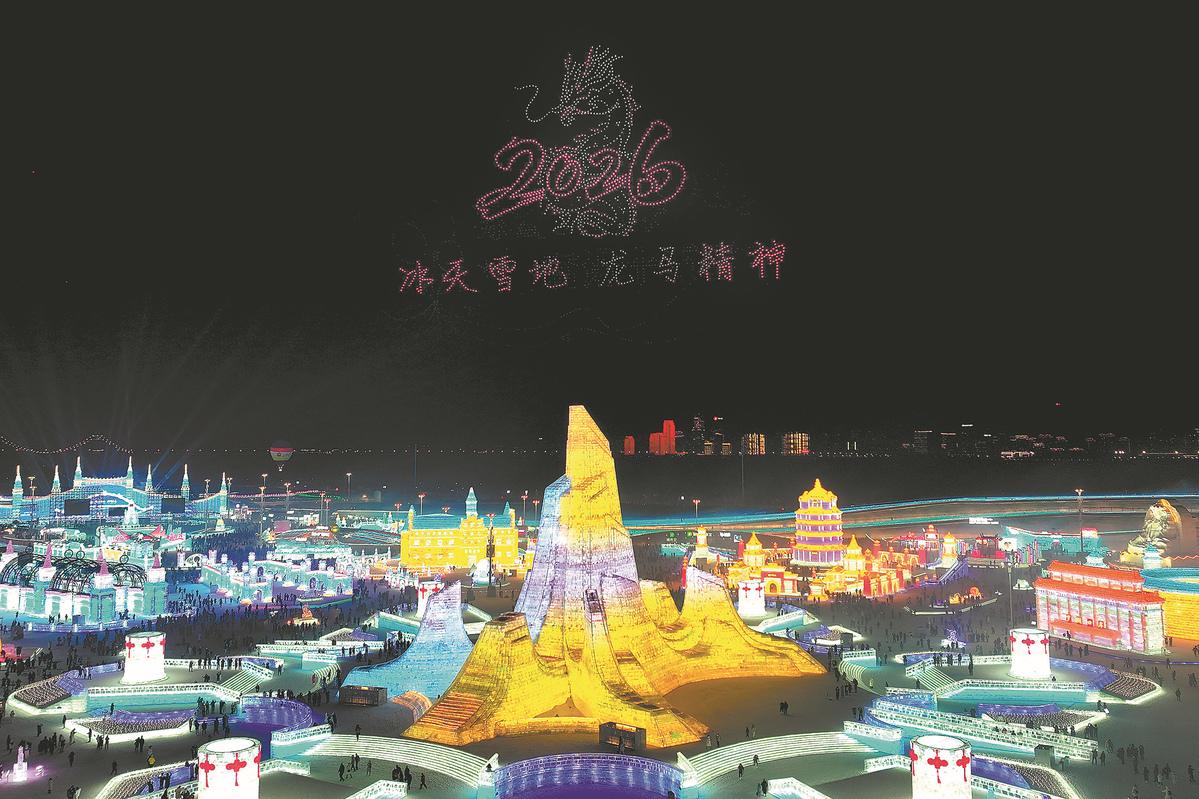Applying a foundation across Africa


The Estee Lauder Companies has been present in South Africa for three decades and began its expansion into sub-Saharan Africa in 2009.
Though our initial strategy in South Africa was focused on fragrance, we gained a deeper understanding of each country and city through increased consumer insights and it became apparent that we needed to begin seeding our brands into markets outside South Africa for medium and long-term growth.
Estee Lauder Companies Ltd South Africa manages the neighboring countries of Botswana and Namibia and employs a network of distributors in Zimbabwe, West Africa and Nigeria through to East Africa and South Africa.
One of Estee Lauder's brands, MAC (make-up art cosmetics), has a history of global success, including a strong presence in South Africa. The brand awareness, relevance of its product lineup to multi-ethnic consumers, and the fact that many African consumers were buying the brand when they visited South Africa or traveled to the United Kingdom, the United States and France made it a natural choice of focus for sub-Saharan countries. It is also important to note the relevance of MAC's corporate social responsibility initiative, called the Viva Glam campaign, which donates 100 percent of the sales prices of Viva Glam lipsticks and lipgloss products to MAC AIDS Fund in South Africa and across the region. Since 2007, the fund has donated over $20 million to HIV/AIDS programs in South Africa and has recently launched its first programs in Nigeria with an initial commitment of $350,000.
Together with the MAC brand in New York and Paris, our own team in South Africa, and our distributor and retail partners in sub-Saharan Africa, we identified the key opportunities for the brand on a city-by-city basis in sub-Saharan Africa. It is important to note that we are following a "city strategy" because in some countries there may only be one city where we see medium to long-term distribution potential.
Between December 2012 and February 2013, MAC launched partner stores in Gaborone and Lusaka and a freestanding store in Lagos with a second to open at the end of June. The brand's highly anticipated entry into Lagos was celebrated with a master class given by a senior MAC makeup artist, a press event and a launch party featuring DJ Sose and Tiwa Savage, which was attended by celebrities and local VIPs.
We are constantly refining the product assortment and looking at new product opportunities, while also focusing on artist training, which remains a key focus. We follow the high service ethics that are part of our global brands' philosophies and we ensure that consumers experience MAC in the same way they would in London, Dubai, Paris or New York.
The initial success of the MAC launch into sub-Saharan Africa has confirmed our expansion strategy and we are already looking at new opportunities in Abuja, Harare, Accra, Nairobi and Addis Ababa.
There is huge interest in Estee Lauder's brands and a growing demand for brands in general across the continent. The consumer is young, aspirational, brand savvy, optimistic, desires authentic and quality products, and would like a modern shopping experience. They are also well connected to trends, fashion and news - all accessed on the Internet via smartphone devices. The consumer market is growing, and according to industry insights, consumer-facing industries are expected to grow $410 billion between 2012 and 2020. The continent has the world's fastest growing population and the opportunities we see developing over the next 10 years cannot be ignored.
Fragrance will continue to be an important category in sub-Saharan Africa, but the potential offered by consumer interest in skincare, makeup and hair products will allow us to expand our distribution and respond to that growing consumer demand.
Sub-Saharan Africa is not without its challenges. Retail infrastructure remains fragmented in many markets. Kenya and Zimbabwe have a good selection of malls, but Nigeria currently has six malls in three major cities. There is a huge opportunity for mall developers to focus on these countries and bring the consumers a modern shopping experience, but logistics are challenging, as is finding space in certain cities. The retailer presence is a mix of smaller private operators with a strong bias toward perfumeries, and some of the larger South African retailers have entered certain markets. High duties, product registration and availability of quality cosmetic selling skills are also challenges that international brands need to be aware of. Additional keys to success include product size, pricing and ensuring one has the right assortment for the consumer.
We will continue to focus on MAC, with Clinique being our second major focus, while Tom Ford will be the key focus in fragrance, particularly in West Africa. Clinique has three full lines planned in Lagos and Abuja and it is planning for a market presence in Maputo and Accra.
We see a positive future for our company in sub-Saharan Africa. Every market is different and we are in our infancy in each market. We anticipate establishing our brands and building long-term, sustainable partnerships that will stand us in good stead for the medium to long-term.
The author is the managing director of Estee Lauder Companies Ltd, South Africa and sub-Saharan Africa. The views do not necessarily reflect those of China Daily.
(China Daily Africa Weekly 06/14/2013 page12)
Today's Top News
- Mainland sanctions diehard 'Taiwan independence' separatists
- China's postal delivery volume hits 216.5b items in 2025
- 2025 in review: A year of shifting horizons
- Decade-plus high for key A-share index
- Spirit of the Long March guides nation for socialist modernization
- China curbs dual-use item exports to Japan






























